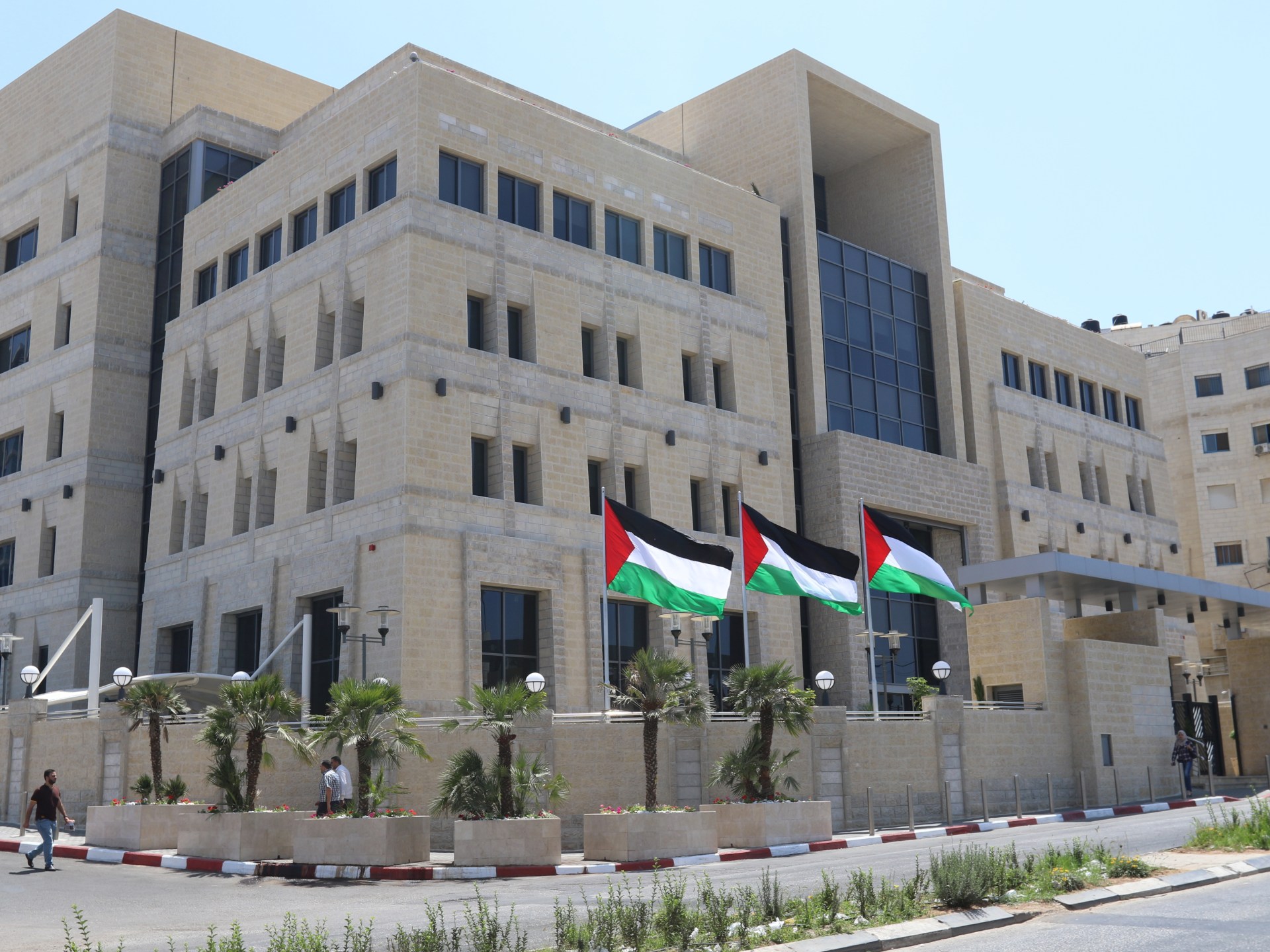The Palestine Monetary Authority, the institution acting as the central bank, has issued renewed warnings about the repercussions of Israel’s continued refusal to receive the shekels accumulated in banks operating in the Palestinian markets.
The story goes back several years, but it has worsened since the outbreak of the Israeli aggression on Gaza Strip Last October, the Monetary Authority did not issue any clarifications regarding the reasons for the delay. Israel In reception of accumulated shekels.
Technically, the accumulation of the shekel means the existence of a monetary mass of the Israeli currency that exceeds the capacity of the Palestinian markets and the banks operating there to absorb it. Here, the Bank of Israel is required to absorb the accumulated shekel, as it is the entity issuing the currency.
According to data from the Palestine Monetary Authority, the amounts accumulated annually in the Palestinian banking sector exceed 18 billion shekels (equivalent to 5 billion dollars), while in the past few years they exceeded the 22 billion shekel barrier (equivalent to 6 billion dollars).
Even on the eve of the Israeli war on Gaza, the Palestinian Monetary Authority and Israeli banks were coordinating to transfer the surplus cash, with a quarterly average of approximately 4 billion shekels.
Shekel is a major currency.
The shekel is the main payment and wages instrument in the Palestinian market, and it is the approved currency alongside the US dollar and the Jordanian dinar, according to the Paris Economic Protocol signed in 1994 between the Palestine Liberation Organization and Israel.
The shekel hoarding crisis in banks arises due to several factors, most notably:
- Trade payments between the Palestinian and Israeli sides, allowing cash to move between the two parties.
- Palestinian workers’ wages in Israel are paid in shekels.
- Purchases of Palestinians inside the country from markets West BankAs a result, part of the Israeli monetary mass is transferred to the West Bank.
- Transfer of shekel money across the border between the West Bank and Israel, and its exchange in local markets.
Storage cost
As the shekel hoarding crisis escalates, banks are increasingly unable to accept deposits from their customers in Israeli currency.
The reason for this refusal by the banks is that they determine the size of the monetary mass in each currency they have, at a time when the mass of the shekel has exceeded the levels stipulated by the internal regulations of each bank.
Some banks’ vaults are now filled with shekels, while others have been forced to put the cash in garbage bags due to the vaults being full, according to observations.
Here, with the accumulation of the Israeli currency, what is called the “idle shekel” is created, which banks cannot invest by lending it, and thus the money supply remains idle with them. In this case, banks will face an insurance cost, because every shekel, dollar or dinar that enters the bank is insured, to avoid any developments that may cause this currency to lose.
The banks will also bear the cost of storing this cash as long as it is not invested in other channels, and they will also be faced with the cost of transporting it from one place to another, whether between branches, or when the overcrowding crisis is resolved and the Israeli banks agree to receive it, and thus it is shipped and the shipping process is insured as well.
All these financial costs are recorded as expenses for the banks, and ultimately affect their financial results, and most importantly, the value of the shekel in comparison to these costs will actually be less than the shekel.
Since money or “bank deposits” are the fuel of banking, the existence of idle, uninvested currency is a burden on them and increases the operational costs of those banks.
There are 13 local and foreign banks operating in the Palestinian market, including 7 local banks and 6 foreign banks, including 5 Jordanian banks and one Egyptian bank.





